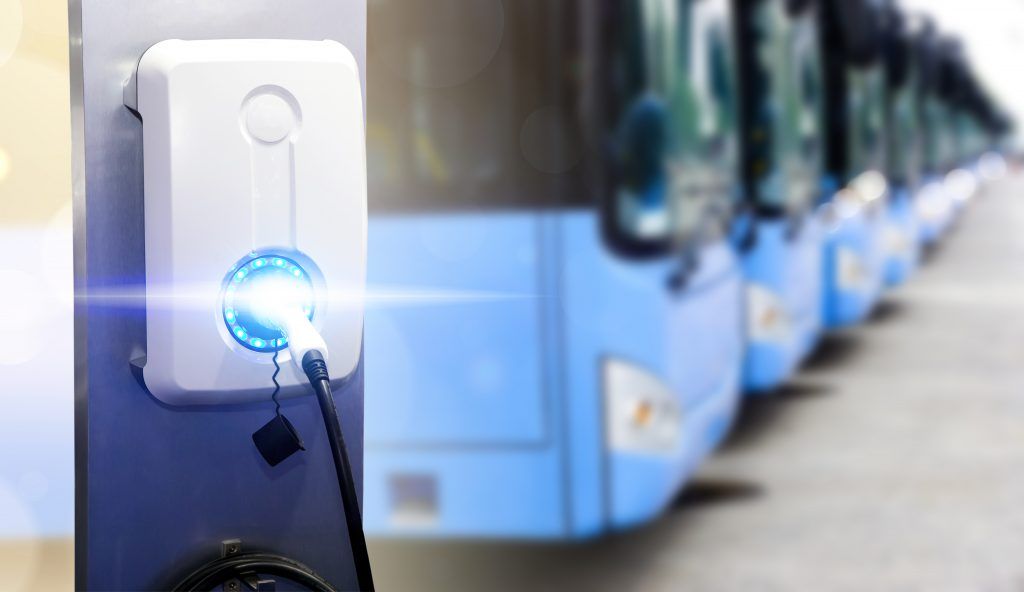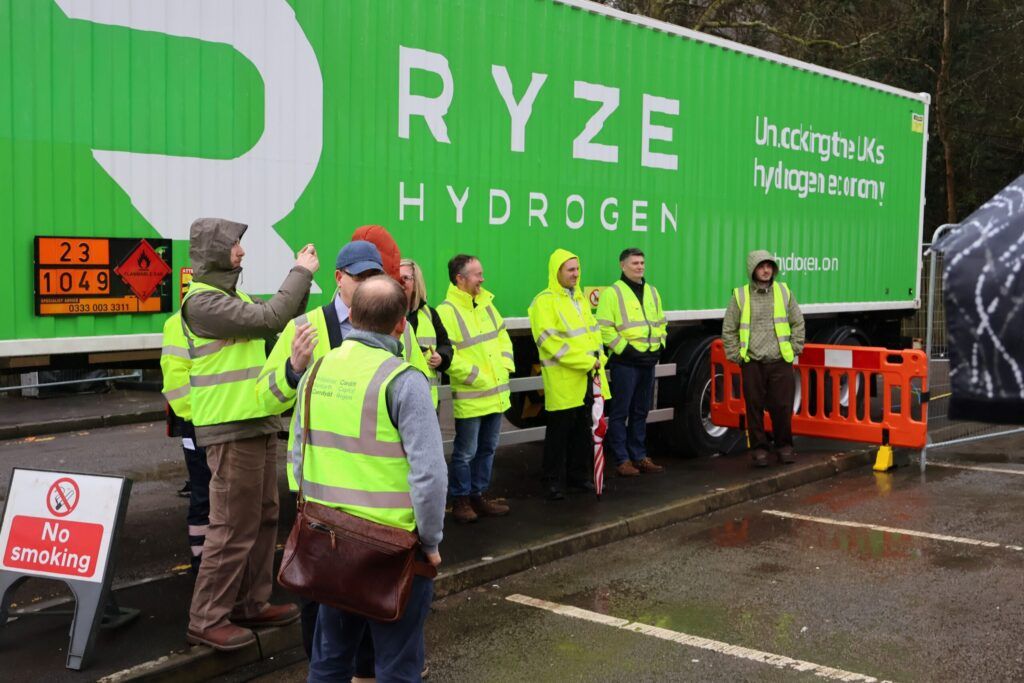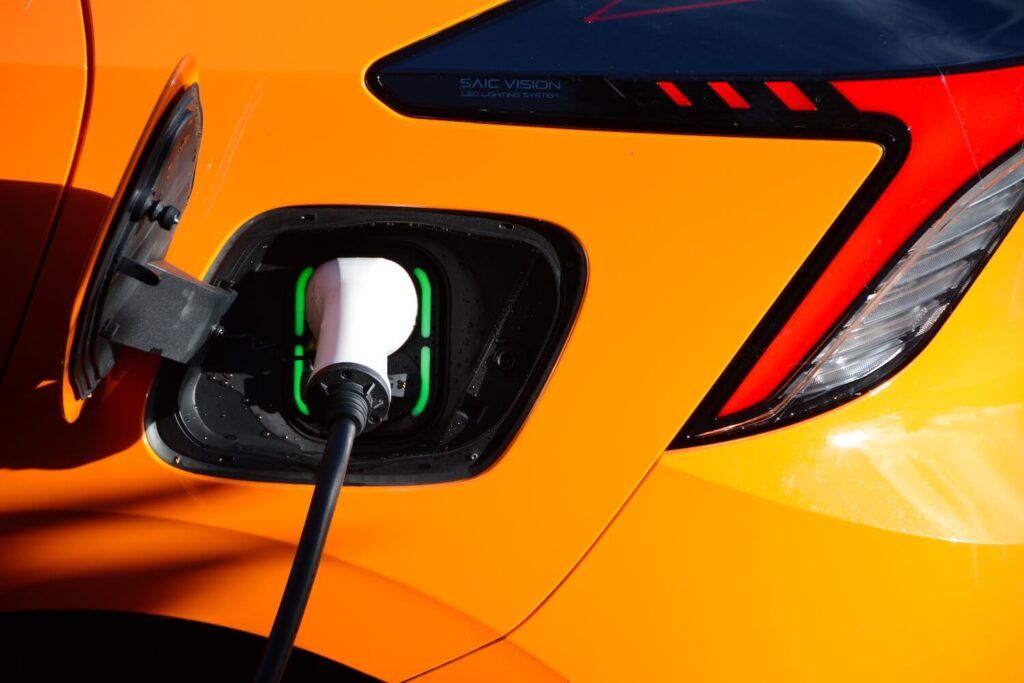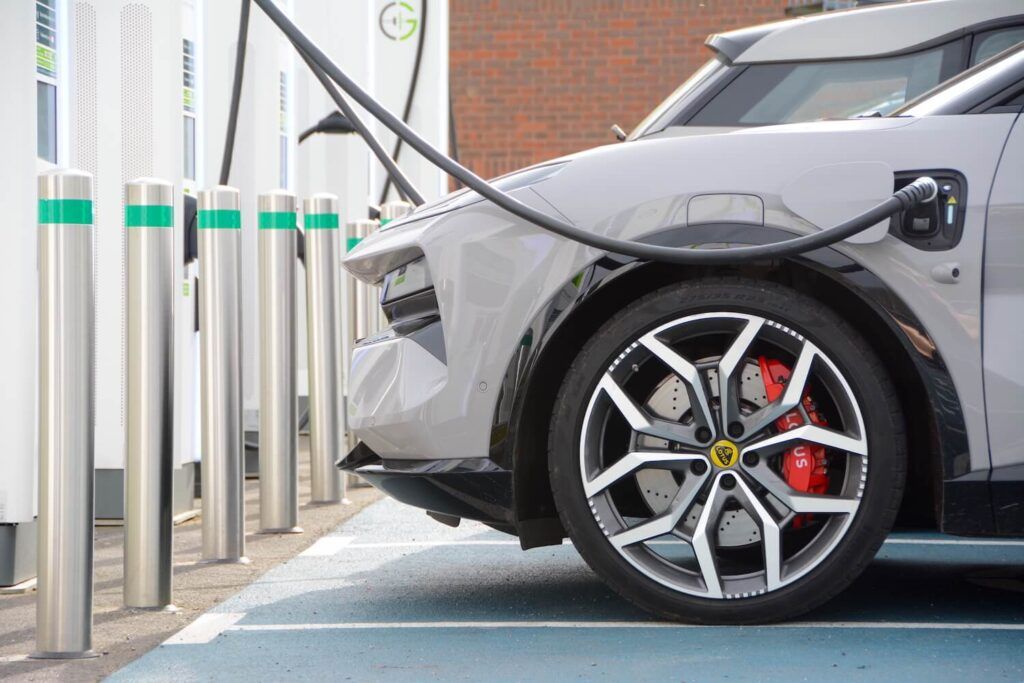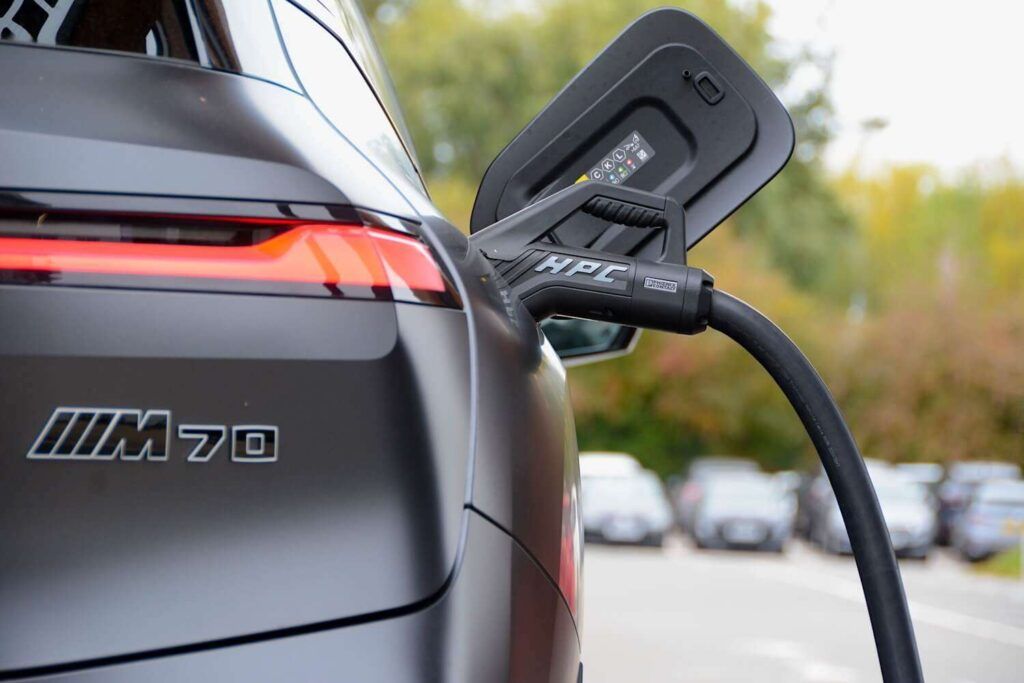Top firms including DHL Group, Nestlé, IKEA, and others are calling on the European Union to adopt new regulations that would result in a 90% reduction in emissions from new trucks by the year 2040.
The European Parliament will vote on the standards, which would impact trucks and coaches weighing more than 7.5 tons, on 10 April.
Many of the companies calling for passage of the EU regulation have already committed to more ambitious CO2 reduction targets to transform their own fleets due to the related operational, economic, jobs, climate and competitiveness benefits.
The companies note that a strong policy signal from the EU will help rapidly increase the number of zero-emission trucks available on the market, while also bringing down technology costs and vehicle prices, putting their goals within comfortable reach.
In addition to their individual company electrification goals, several of the letter’s signatories are endorsers of the Global Memorandum of Understanding on Medium- and Heavy-Duty Vehicles (Global MOU), which aims to lower transport emissions and accelerate the zero-emission truck and bus sector.
Co-led by CALSTART’s Drive to Zero and the government of the Netherlands, the Global MOU calls for 100% new zero-emission medium- and heavy-duty vehicle sales by 2040 at the latest, with an interim goal of at least 30% new sales by 2030.
In a joint letter, they said:“This deal is a landmark agreement that will reduce CO2 emissions in the road transport sector and contribute to Europe’s industrial competitiveness, economic prosperity and climate-neutral future.”
“Heavy-duty vehicles cause more than a quarter of greenhouse gas emissions from road transport in Europe. In addition to climate concerns, diesel trucks are a significant source of particulate matter and nitrogen oxides, which caused more than 4.1 million deaths worldwide,” said Sita Holtslag, Europe Director CALSTART/Drive to Zero. “The proposed regulation dovetails with the strong ambition established by the Global MOU and will deliver climate, clean air, economic, job and operational benefits.”




